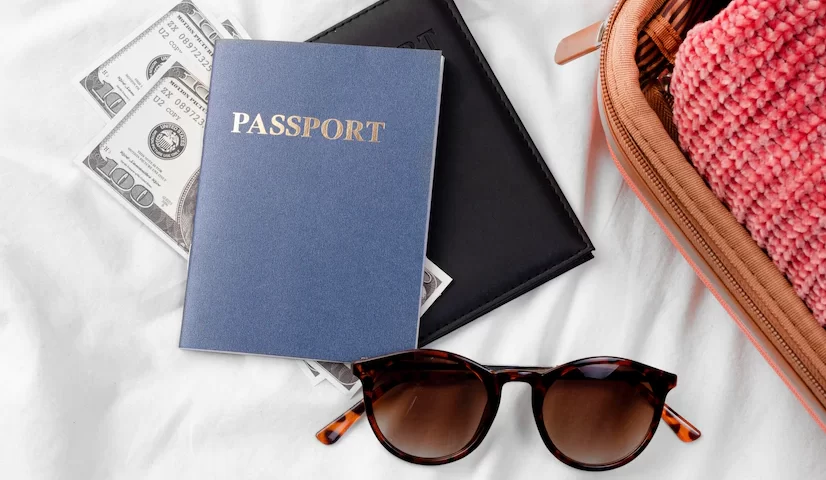- PURSUIT OF BUSINESS RELATED DESTINATIONS IN TURKEY
- WHAT DO WE MEAN WHEN WE SAY “BUSINESS VISITOR”?
- IS THERE ANYTHING THAT A BIZTRAVELLER COULD DO WHILE VISITING THE COUNTRY?
- To enter Turkey on business, what documents and/or credentials are required?
- Business in Turkey: A Primer for Foreign Investors
- Customs of the Turkish Business Community
- Symbolism and Embodiment in Turkish Society
PURSUIT OF BUSINESS RELATED DESTINATIONS IN TURKEY
- Travel to Turkey on official company business accounts for a sizable share of the country’s annual tourist population of millions of tourists. Business prospects abound in significant cities such as Istanbul and Ankara, which attract a large number of international companies and individuals.
- What kinds of documentation are necessary for a foreign individual to enter Turkey for business purposes if they are traveling from outside the country? What information do you require in order to conduct business with enterprises from Turkey? What are the fundamental distinctions between traveling to Turkey for business purposes and visiting there for employment purposes?
- The information in this book should answer any and all queries you may have regarding business trips to Turkey.
WHAT DO WE MEAN WHEN WE SAY “BUSINESS VISITOR”?
- A person who travels to another country for the purpose of engaging in international business activities but who does not directly enter the labor market of that country is referred to as a business visitor.
- A tourist on business to Turkey may participate in business-related activities on Turkish soil, such as attending meetings, conducting business negotiations, conducting site visits, or receiving business-related training, but they are not permitted to work legally in the country.
- Those who intend to look for work within Turkey’s borders are not deemed to be conducting business and are required to have a valid work visa.
IS THERE ANYTHING THAT A BIZTRAVELLER COULD DO WHILE VISITING THE COUNTRY?
People who are there on business trips to Turkey could take part in a variety of various activities with their business associates and partners who live in the nation. The following are some of these:
- Meetings and/or agreements pertaining to business.
- Participating at industry exhibitions, meetings, and congresses
- Instructional Seminars or Classes Conducted at the Request of a Turkish Organization
- Visiting sites that are either owned by the visitor’s firm or sites that the visitor’s company is looking to buy or invest in
- Buying and selling products or services on behalf of an organization or a foreign government
To enter Turkey on business, what documents and/or credentials are required?
- Visas for commercial travel can be acquired by making a personal application at a Turkish embassy or consulate.
- A letter of invitation from the Turkish firm or group that will be hosting the visit is one of the pieces of papers that are required for this.
Documentation in the following formats must be shown upon arrival for business travelers going to Turkey:
- A passport that has at least six months of validity remaining when they leave Turkey
- Turkey requires a valid business visa or e-visa for entry.
Citizens of countries that are eligible to do so have the option of submitting an online application for a visa to enter Turkey. This eVisa provides its holders with a variety of benefits, including the following:
- A procedure for applying that is both quicker and more straightforward
- Instead of making the trip to an embassy, the applicant can submit it without leaving the convenience of their own home or place of employment.
- There is no need to line up or wait in line when visiting embassies or consulates.
- Check the requirements for the Turkey e-Visa to find out if you are eligible to apply with your particular nationality.
- Electronic visas for Turkey are good for a period of 180 days beginning on the day that the application was submitted.
Business in Turkey: A Primer for Foreign Investors
- Turkey is a country that straddles the boundary between Europe and Asia, and as a result, it possesses an intriguing fusion of cultures and mentalities. Large Turkish cities such as Istanbul have atmospheres that are comparable to those of other major European cities because of Turkey’s close ties to Europe and other Western countries. Having said that, Turkish customs can also be found in the business world, and it is essential to be aware of what is expected of you.
Customs of the Turkish Business Community
- When it comes to business, Turkey is known for its courtesy and hospitality. They traditionally provide guests with a glass of tea or a cup of Turkish coffee, and guests are expected to accept the beverage in order to get things off to a positive start.
The following are some of the most important factors that contribute to the establishment of fruitful business relationships in Turkey:
- Always make an effort to be polite and respectful.
- Learn as much as you can about the people with whom you do business.
- Before beginning to talk about business, make sure to engage in some pleasant conversation.
- Swap your business cards with each other.
- Do not use deadlines or other similar forms of pressure to get your way.
- Steer clear of touchy subjects, whether they be historical or political, like the partition of Cyprus.
Symbolism and Embodiment in Turkish Society
- It is essential to have a solid understanding of Turkish culture and the ways in which this can influence conversation in order for a business relationship to be successful. There are some subjects as well as behaviors that are frowned upon. On the other hand, customs that are typical in Turkey may look strange or even make visitors from other countries feel uneasy, so it is important to be aware of what to anticipate.
- To begin, it is essential to keep in mind that Turkey is a predominantly Muslim country. It is important to respect the religion and the customs of the religion even though the country is not as conservative as some other Islamic nations.
- It is imperative that you do not show any disrespect toward any of your business partner’s relatives because the family unit is revered as a sacred institution.
There are a number of harmless-looking gestures and patterns of body language that, when performed in Turkey, can be taken the wrong way. Examples include:
- Accusing someone of pointing their finger at you
- Placing one’s hands on one’s hips
- Placing one’s hands in one’s pocket
- Having the bottoms of your feet on display
- It is important for tourists to remember that Turkish people have a habit of standing very close to one another while they are talking to them.
- It may be disconcerting to have such a limited amount of personal space, but this is completely normal in Turkey and there is no reason to be concerned about it.




